You don’t have to be alone to be lonely
We might all feel lonely from time to time. In fact, loneliness effects millions of people worldwide. But what can we do to combat this, both in ourselves and in those around us? Read on to find out more.
What is loneliness?
Loneliness is a gap between our desired and actual level of social contact. It’s not simply being alone. It is a complex state of mind that can be experienced on different levels and might come and go over time.
Who can feel lonely?
Anyone. It’s not just those who live or spend a large portion of their lives on their own who experience loneliness. A study from The Happiness Research Institute investigated loneliness across a multitude of living and working situations, finding that even those cohabiting with partners, friends or family were still at risk of feeling lonely. For some people, loneliness may be felt during times such as a bereavement, a relationship break up, changing jobs, retiring or being isolated from friends, family and the community.
Why is it an issue?
Feeling lonely can have a negative impact on our mental health with links to problems such as depression, anxiety, sleep disturbances and stress. It might even be one of the greatest wellbeing burdens faced by older adults (1).
What can we do?
Everyone is different and tackling loneliness can be challenging. There are things that we can try such as:
Make new connections: try different ways to meet more or new people such as an exercise class or a group based on your hobbies. This way you’ll meet people with similar interests.
Strengthen a current relationship: take time to enhance connections that you already have. Perhaps try calling a friend or family member that you haven’t spoken to in a while.
Take it slowly: if you’ve felt lonely for a while you don’t have to rush back into everything at once. Start gradually reintroducing yourself to social activities so that it’s not overwhelming.
Be compassionate: be kind to yourself. Give yourself the time and attention that you deserve.
Go outdoors: consider going to places such as parks, cafes or the cinema where you can be around others.
Review lifestyle: getting a good night’s sleep can make a big difference to how we feel. Eating regular, nutritious meals can stabilise our mood and energy levels, and keeping active can aid our mental health and wellbeing.
For more support and information, you can access:


